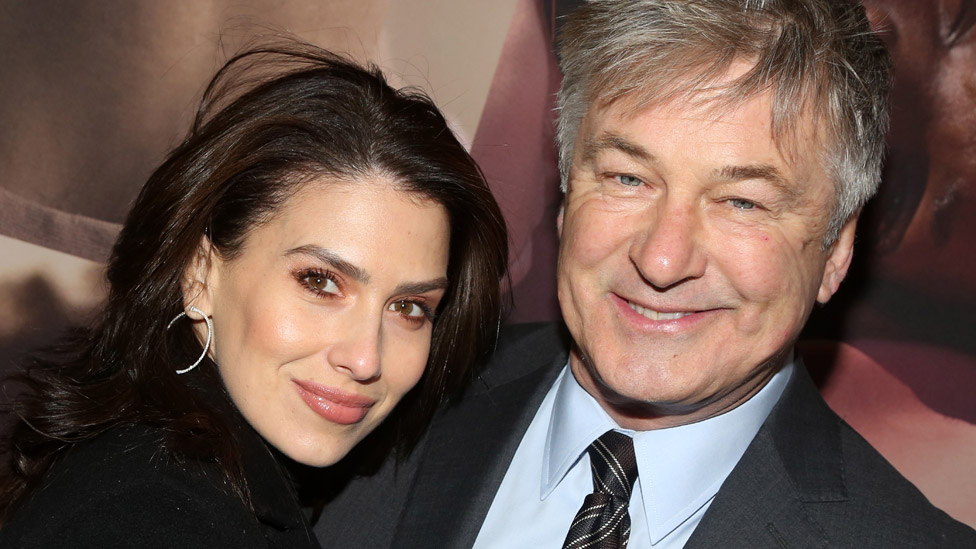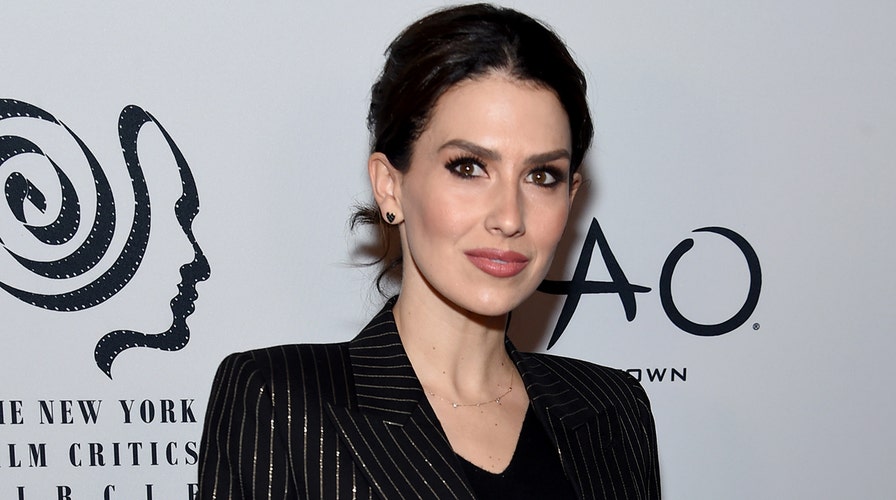
Hilaria Baldwin, the wife of actor Alec Baldwin, has once again found herself at the center of controversy regarding her claims of Spanish heritage. Despite years of scrutiny and public backlash, Hilaria’s background and accent have resurfaced as topics of debate, with critics questioning her authenticity and accusing her of cultural appropriation.
The renewed attention comes after clips of her past interviews, where she seemingly exaggerated her connection to Spain, began circulating on social media.
Hilaria, born Hillary Lynn Hayward-Thomas in Boston, has often presented herself as having deep ties to Spanish culture. In multiple interviews, she spoke with a noticeable Spanish accent and referred to herself as being from Spain.
However, investigative reports in 2020 revealed that she was born and raised in Massachusetts to American parents with no apparent ties to Spain beyond occasional vacations. The revelation led to widespread ridicule, with many accusing her of fabricating an identity for personal or professional gain.

The controversy reignited recently after an Instagram video of Hilaria addressing her critics resurfaced, reigniting conversations about her authenticity. In the video, she defended herself, claiming that her connection to Spanish culture was genuine and deeply personal.
“I grew up in two cultures,” Hilaria stated. “My family celebrates both American and Spanish traditions, and that’s a big part of who I am.”
Critics, however, have pointed to inconsistencies in her statements over the years. One particularly infamous clip from a television cooking segment showed Hilaria appearing to forget the English word for “cucumber,” which many saw as a deliberate attempt to emphasize her supposed Spanish background.
“It’s the little things that make you question everything,” one critic commented on social media. “Why pretend you don’t know basic English words if you’re from Boston?”
The renewed attention has brought a fresh wave of mockery, with social media users creating memes and parody videos about Hilaria’s shifting accent.

Some have dubbed her “the cucumber queen,” while others have compared her story to that of fictional characters who assume elaborate false identities. The hashtags #HilariaGate and #CucumberGate began trending, drawing both ridicule and support for Baldwin.
Despite the backlash, Hilaria has continued to defend herself, maintaining that her love for Spanish culture is genuine. In a recent Instagram post, she wrote, “I’ve never tried to be anything I’m not. My connection to Spain is real, and my family has always celebrated that part of our lives.”
Her husband, Alec Baldwin, has also come to her defense, calling the criticism “unnecessary bullying” and praising Hilaria for her strength in the face of public scrutiny.
Supporters of Hilaria argue that the backlash is overblown and rooted in societal pressures to conform to rigid identity norms. “Hilaria’s story is her own,” one fan wrote on Twitter.

“Who are we to judge how she chooses to express her cultural connections?” Others have pointed out that adopting aspects of another culture, particularly one you admire, is not inherently harmful or deceptive.
However, critics contend that Hilaria’s claims cross the line from cultural appreciation to appropriation, particularly because she presented herself as a native Spaniard in professional contexts.
“This isn’t just about liking Spanish culture—it’s about creating a persona that isn’t true and profiting from it,” a social media user argued. “That’s why people feel betrayed.”
The debate has also raised broader questions about identity, cultural appropriation, and authenticity in the age of social media.

As public figures increasingly curate their images online, the lines between personal identity and performance often blur. Hilaria’s case, critics argue, is an example of how this blurring can lead to public distrust and backlash.
In response to the controversy, Hilaria has expressed a desire to move past the criticism and focus on her family and career. As a mother of seven, she has emphasized her commitment to raising her children in a multicultural household, blending American and Spanish traditions.
“I want my kids to know where they come from and to embrace all aspects of their heritage,” she said in a recent interview.
The controversy has also highlighted the challenges of living in the public eye, where every aspect of a celebrity’s life is scrutinized and dissected.
For Hilaria, the renewed criticism is a reminder of the difficulty of navigating public perceptions while staying true to oneself.

While the debate shows no signs of dying down, it has sparked important conversations about cultural identity and how people navigate their connections to multiple heritages.
Whether viewed as a case of misunderstanding or intentional misrepresentation, Hilaria Baldwin’s story remains a cautionary tale about the power and pitfalls of personal branding in the digital age.
For now, Hilaria appears determined to move forward, despite the lingering questions about her authenticity. “I know who I am, and I’m proud of my story,” she said.
Whether the public agrees remains to be seen, but one thing is certain: Hilaria Baldwin’s journey has become a lightning rod for discussions about identity, truth, and the complexities of modern celebrity life.



